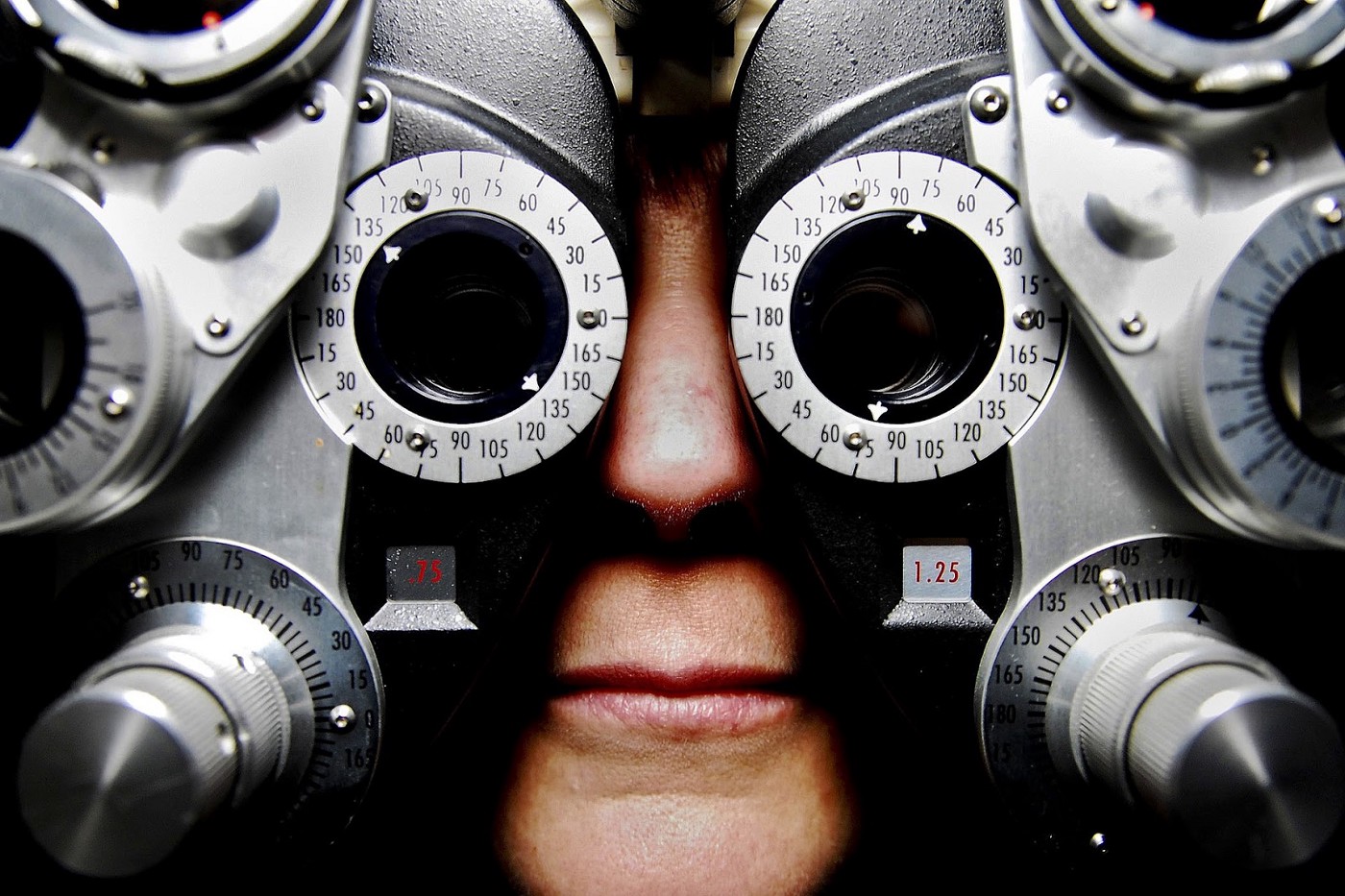How AI Is Transforming Eye Care

While the medical use of artificial intelligence has long been the stuff of sci-fi legend, it wasn’t until recent years that the world finally reached the point where it could begin to actively apply decades of tech research and development in order to improve the healthcare industry. Those applications have already begun to bear fruit, with exciting advancements in the eye care industry in particular, boding extremely well for the future of AI in medical diagnosis and treatment.
Why AI Can Help With Eye Care
When it comes to our health, a trip to the optometrist has often been treated an afterthought. But the truth is, as we get older our eyes often simply can’t hold up to the wear and tear of life. After the age of 40, even those who have enjoyed the benefits of clear vision throughout their lives often begin to notice changes in their vision. These changes are perfectly normal, but they do deserve consideration as well as regular checkups to make sure that one’s vision doesn’t change for the worse.
From age-related macular degeneration to cataracts, glaucoma, and a host of other issues, our eyes become at risk for developing one disease or another as we grow older. The problem? You need highly skilled optometrists to catch many of these maladies early on in their development. And that is precisely where the latest AI inventions have begun to have an impact.
A Brief History of AI
The idea of real-life AI (we’re talking more than just the sci-fi kind) was in existence as early as the 1970s. Algorithms were being written that could, in theory, function at, or at least close to, the same capacity as those of modern AI. However, the ability of the computers in that era continued to hold back any progress in the evolution of the science.
Finally, in more recent years, computers have begun to reach a level that can handle the requirements of a properly functioning AI algorithm. The development largely came about thanks to computer games pushing the industry forward as they attempted to create ever more complex AI for their systems.
The Impact of AI
The recent advent of applicable AI technology has been a boon to the healthcare industry, in particular, as it’s come under the pressure of an increase in demand for its services. Thanks to the aging of larger groups like the baby boomers, the growth of the healthcare industry, which naturally comes with a higher demand for skill-based jobs, has left a shortage of qualified professionals, particularly in rural areas. And it is AI and tech in general that swoop in at this point to make up the difference and save the day.
From electronic health records to video chatting with nurses and doctors, technology has already begun to be implemented in numerous ways that have helped to ease the pressure. But there is one recent advancement in eye care that has pushed things to a deeper level than simply taking the edge off of administrative duties or providing remote ways to communicate with patients. Thanks to some new technology, AI has gotten a promotion from administrative assistant to full-on optometrist.
Diagnosis
As recently as August of 2018 The Verge reported that Google’s DeepMind subsidiary, UCL, working with Moorfields Eye Hospital in London, had created a machine with a special set of skills that have the potential to revolutionize eye care. The device used a form of deep learning that utilized “algorithms to identify common patterns in data.” This allowed it to identify dozens of different diseases related to the eye.
Not only could it detect the diseases, it could do so with 94 percent accuracy. That’s an utterly professional level of diagnosis that has the potential to transform the optical landscape by helping to increase the speed at which eye diseases are both diagnosed and, consequently, treated.
Hiring
While a bit less exciting, another area where AI is transforming the eye care industry (along with most others) is behind the scenes in the form of streamlining hiring and recruitment via big data. While a human typically still needs to be at the helm in order to help make final decisions, AI bots have already made a huge splash by helping recruiters search the web in order to find the most highly qualified candidates for a job.
Not only that, but HR bots are quickly becoming more and more capable of looking even among currently working employees and measuring the likelihood of their willingness to change jobs. With unemployment so low, this extra benefit has allowed healthcare companies to continue to search out the best candidates for a position without having to compromise or add significant headhunter costs to their HR expenses.
The Future of AI in Healthcare
While AI and technology, in general, are already serving active and effective roles in both eye care and the healthcare industry as a whole, what we’re seeing can only be described at this point as the tip of the iceberg. All of the roles that AI is already playing will certainly continue to be perfected, while the possibilities of artificial intelligence serving in larger, more important positions in the future are virtually endless. These possibilities could involve anything from executing basic treatments to performing complex surgeries, all of which have the potential to improve the healthcare industry for the better.








